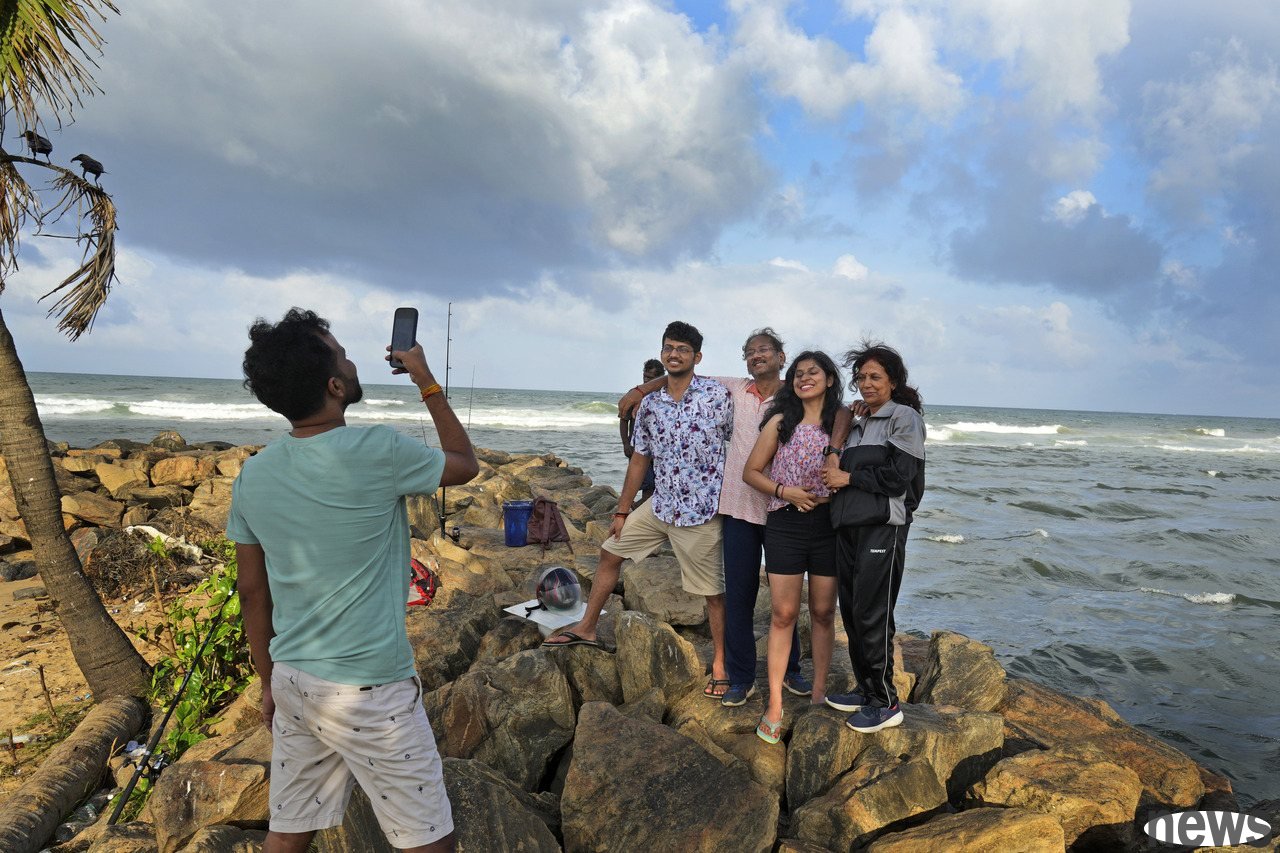When talking about the date, many people think of "no money" in the first time: buy less, use less, or even hold back and don't spend money at all. However, over-pressure sales not only easily bring pressure, but may also lead to rever...

When talking about the date, many people think of "no money" in the first time: buy less, use less, or even hold back and don't spend money at all. However, over-pressure sales not only easily bring pressure, but may also lead to reverse and increase spending. Japanese expert Mitsuyama, who is a second-level financial planner, shared several cases to teach you how to spend money, which makes deposits easier.
Reducing "Pocket Money" may not be lostWhen viewing the video, the easiest thing to do is "Pocket Money". Although self-control can reduce expenditures, excessive compression of pocket money will accumulate pressure, which will be difficult to maintain for a long time. Some people even choose to zero pocket money first, and then "shift" a little leftover money from food or daily necessities to pocket money.
Maruyama said that his family had also reduced his pocket money in order to save on sales, and later he had to supplement cosmetics and other sales from daily necessities. Although the pocket money on the account has become less, actual expenditure has risen instead of falling, or even higher. After trying it, I realized that rather than just reducing it, it is better to pre-order a reasonable pocket budget, which will help control the overall household plan.
Entertainment expenses are concentrated budgeted with higher satisfactionEntertainment expenses such as travel and going out often take up a large number of sales, so many people will take precedence to reduce the cost. However, to save money from small things, it is better to reduce the daily scattered entertainment expenses and focus your budget on a higher satisfaction trip.
Take Maruyama family of five as an example. Extra-eating often exceeds 10,000 yen per day (about NT$2,000 NT$2,000). If you reduce the extra-eating once a month, you can save 120,000 yen per year (about NT$24,000 NT$24,000). Moving this money to a travel fund will not only increase the richness of your experience, but also feel a higher sense of satisfaction due to "one fun" and will be more motivated to control entertainment expenses on weekdays.

Many people think that such sales in health checks are not available at the moment, and it is easy to feel wasteful. But in fact, preventive health care is the most cost-effective investment.
Taking dental examinations as an example, it is recommended to check regularly every 3 to 6 months to detect problems such as tooth decay or periodontal disease as early as possible.
Mr. Maruyama's husband had ignored regular checkups and did not go to the doctor until he had toothache. As a result, it was found that tooth decay was severely vicious. Not only did the single treatment cost exceed 10,000 NT$2,000 (about NT$2,000), but it also had to be recalled many times, and the total cost exceeded 30,000 NT$6,000 (about NT$6,000). If we had spent several hundred yuan on regular prevention at the beginning, we would have avoided subsequent high-value sales.
Contracts and Spends Both must considerand the single slimming of budgets. It is better to invest generously where necessary, which can make expenditures more efficient. The point is not to "save money by blindly", but to find the balance point of "save and flowers" that suits you the most. As long as you make good use of budget configuration, it will not only reduce pressure, but also improve life satisfaction.